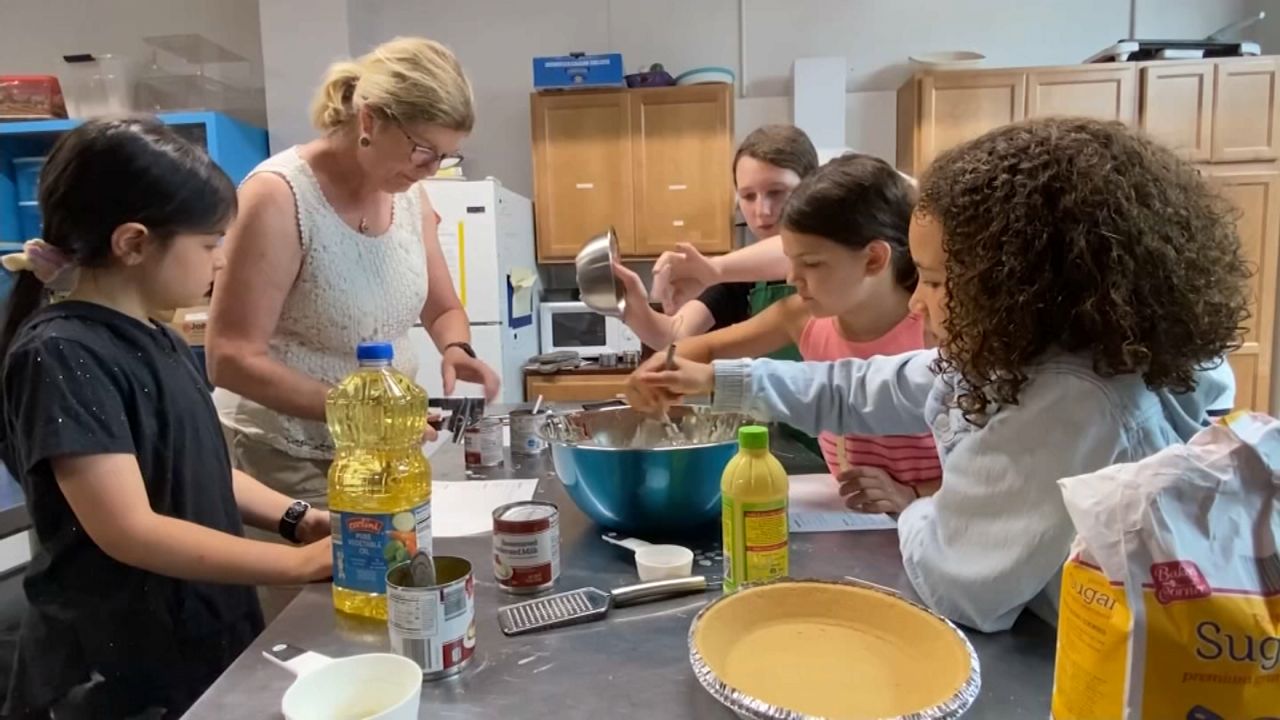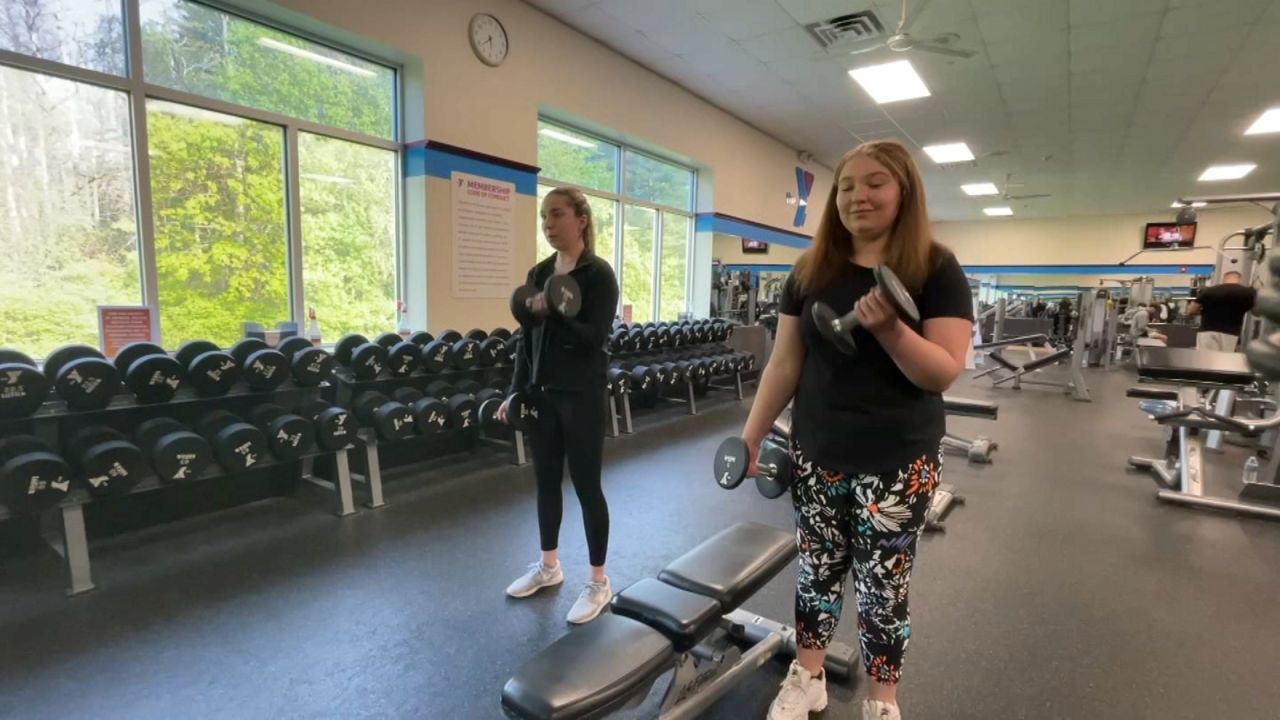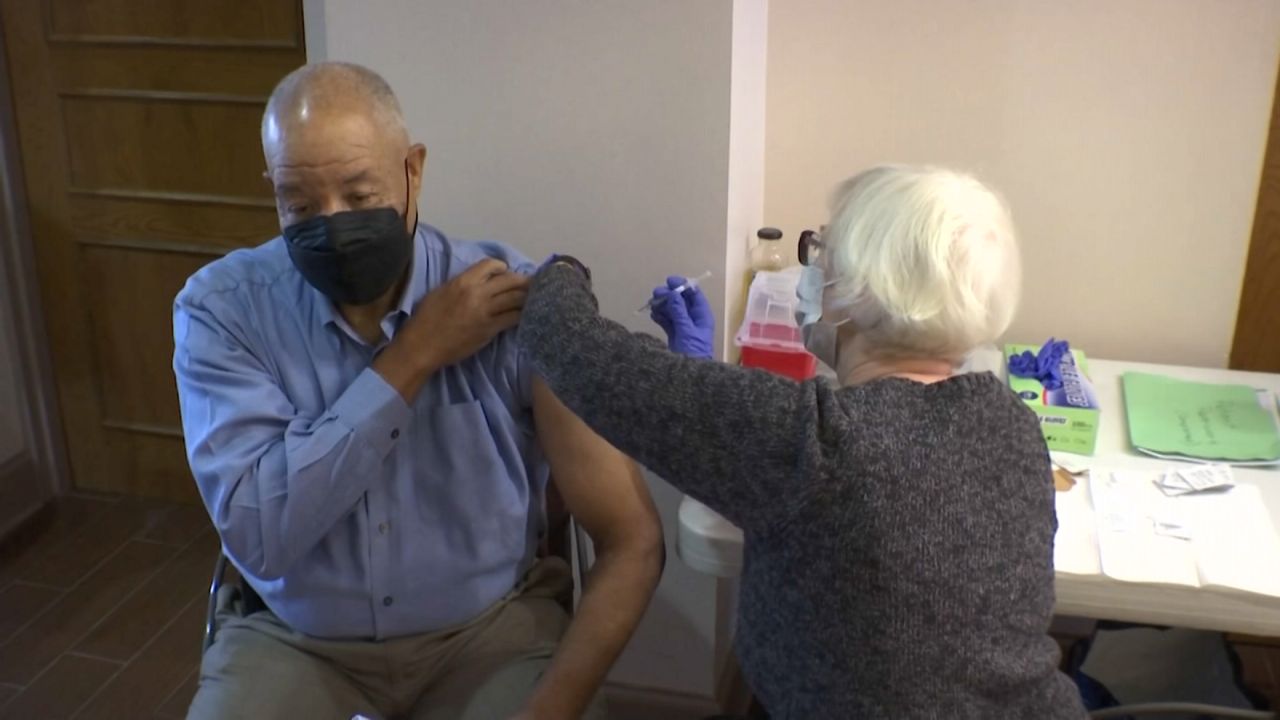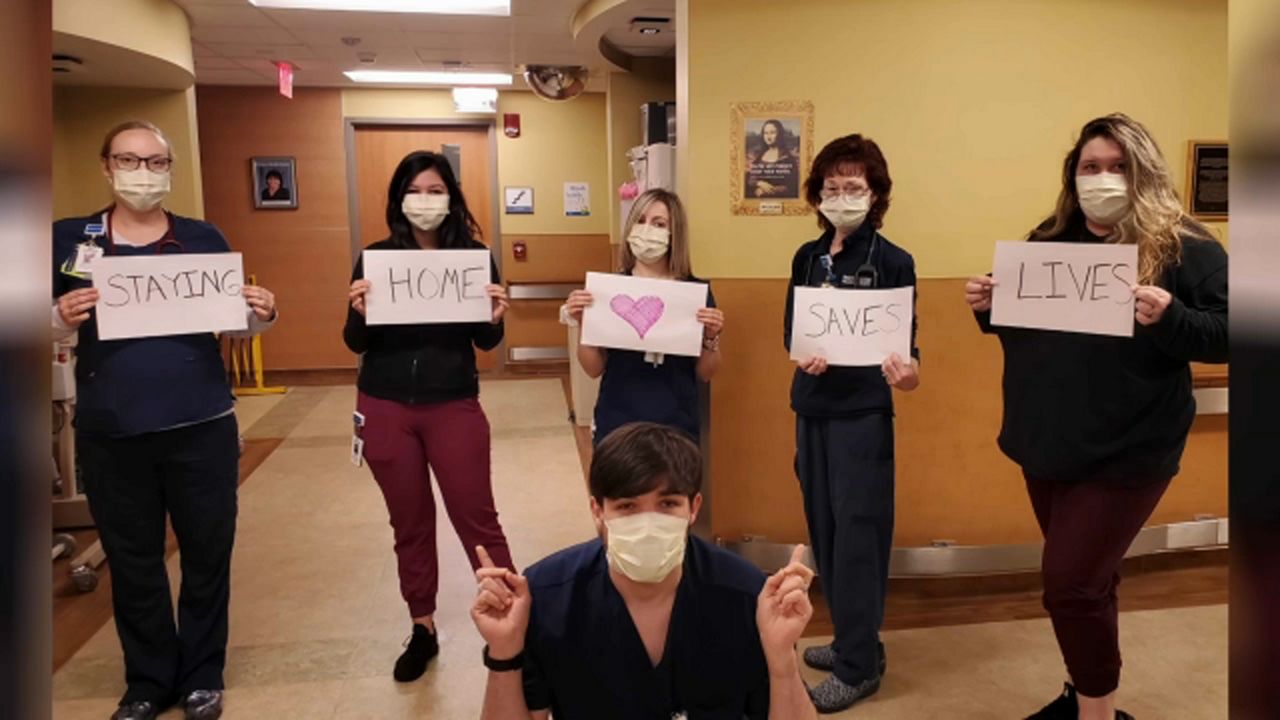ROCHESTER, N.Y. — The ability to communicate is almost as important as treatment. That’s one lesson taught to med students at the University of Rochester Medical Center, where members of the area’s deaf community are helping students break down barriers.
First-year med students at URMC jumped right in, during their first week of classes.
“It’s been a long week that’s a little overwhelming,” said student Ella Engles.
Engles is among the students learning lessons in communication without using their voices. It is part of their educational process of learning how to become more patient-centered providers.
The exercise is called Deaf Strong Hospital. In a reversal of roles, actors from Rochester’s large deaf community played the doctors, while students had to figure out how to communicate with them. URMC is the only teaching hospital in the country to run such a program as part of its medical school curriculum.
“My personal experience is my appointments will get delayed because they tell me no interpreters are available at the time that I booked,” said Kelly Matthews, with the National Center for Deaf Health Research. “Or there'll be times I have an appointment months in advance, I show up and they're still not an interpreter.”
Matthews, who is deaf, says the lessons are serious. Putting students through the exercise gives them a greater understanding of the importance of communication with all patients.
“I think it was very challenging,” said Engles. “When going up to the different office desks that were set up, and not being able to communicate at all with the person who was checking us in, or who we were interacting with and they were signing to us. I didn't know what they were trying to communicate, and that was a big challenge.”
Overcoming that is the goal — a lesson that translates to all potential language barriers.
“We hope when they leave here, they will know better how to interact with deaf patients,” said Matthews. “And have other tools in their belt of ways to communicate with patients who might not be speaking their own language.”









